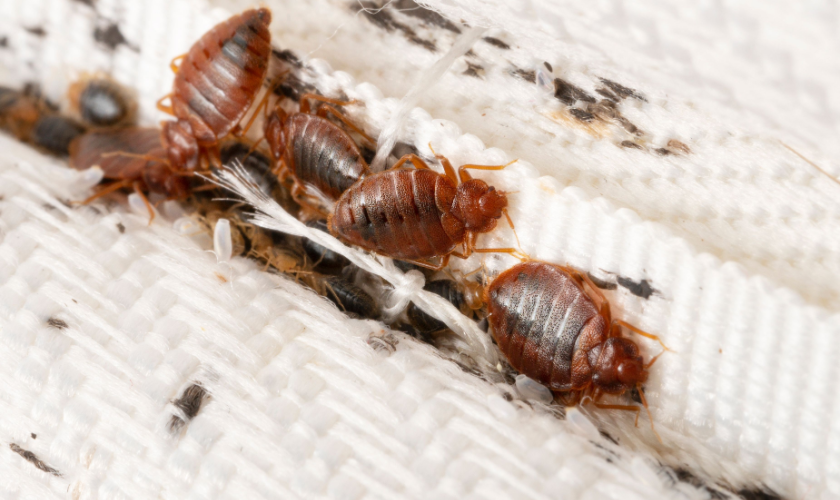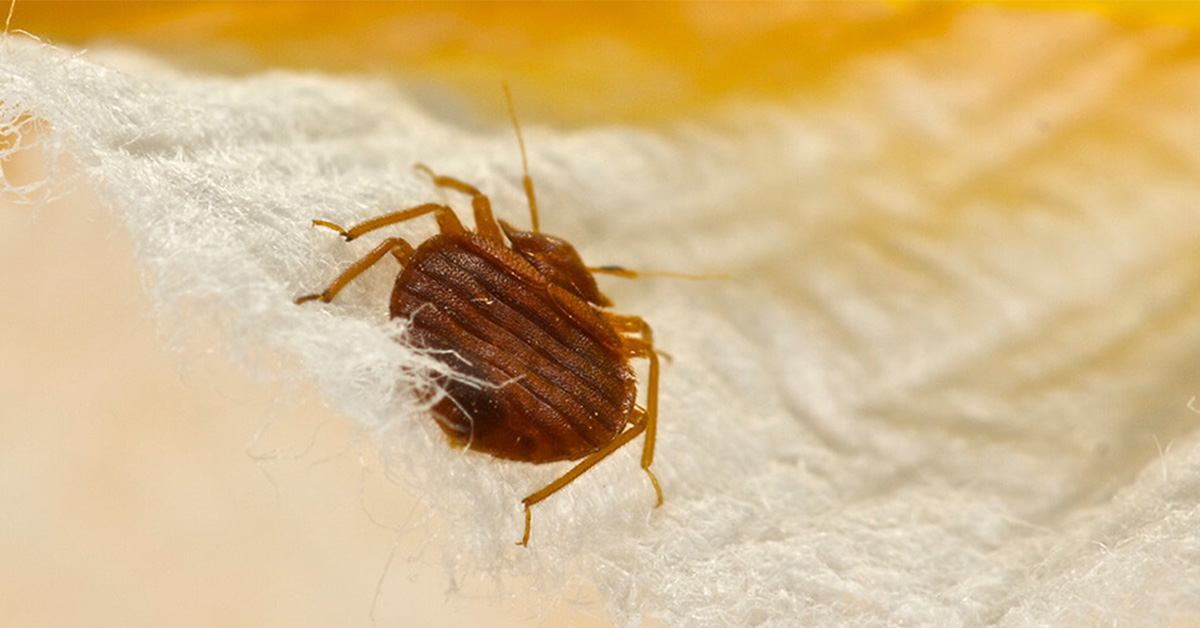Finest Kings Pest Control Cincinnati: Top-Rated Exterminators
Sorts Of Bug Control: Which Method Is Right for Your Invasion?
When faced with an insect infestation, the choice of a proper approach for insect control is essential in efficiently managing the scenario. By exploring the various types of pest control methods readily available, individuals can make informed choices tailored to their distinct scenarios, making sure a much more effective and lasting end result in insect eradication.
Chemical Parasite Control
Chemical insect control includes making use of artificial or normally obtained chemicals to manage and eliminate pest populations efficiently. This method is generally used in agriculture, forestry, and property settings to combat a wide variety of insects, including bugs, rats, and weeds. The usage of chemical pesticides can give fast and targeted solutions to pest infestations, making it a popular choice for many people and businesses.
One of the essential benefits of chemical insect control is its capability to swiftly get rid of pests, decreasing the risk of damage to plants, building, and human health and wellness. By using particular chemicals that target particular insects, this technique can properly regulate problems while lessening injury to beneficial organisms and the atmosphere when used correctly.
However, using chemical bug control additionally increases concerns regarding potential unfavorable impacts on non-target varieties, water sources, and human health. It is vital to comply with safety standards, use chemicals properly, and take into consideration alternative pest control approaches to reduce these dangers and guarantee sustainable pest administration practices.
Biological Pest Control
Organic pest control, likewise called biocontrol, utilizes living microorganisms to minimize and manage pest populations naturally. This approach harnesses the power of nature to regulate pests without the demand for artificial chemicals. Biocontrol can include the intro of natural enemies of the pest varieties, such as parasites, predators, or pathogens, to suppress parasite populaces. By making use of the parasite's all-natural predators or virus, organic insect control supplies a sustainable and ecologically pleasant option to pest administration.

Mechanical Bug Control
Using physical and hand-operated methods to manage insect populaces, mechanical insect control supplies an alternative method that does not depend on making use of living microorganisms or artificial chemicals. This method involves using barriers, traps, or other devices to literally deter or eliminate bugs. By obstructing insect access factors or setting up traps to capture them, mechanical insect control can effectively lower invasions without introducing chemicals into the atmosphere.
One common example of mechanical insect control is making use of mesh displays on doors and windows to avoid pests from entering buildings. This easy yet effective technique functions as a physical obstacle, maintaining pests out while allowing for correct air flow. In addition, tools like mousetraps, fly swatters, and ultrasonic repellents fall under the mechanical insect control group.
While mechanical insect control techniques can be labor-intensive and require normal surveillance and upkeep, they offer a lasting and eco-friendly remedy for managing parasite infestations. By incorporating various mechanical methods, home proprietors can create a detailed insect control method that lessens reliance on chemical pesticides.
Physical Insect Control

Some common physical parasite control approaches consist of using obstacles such as displays or internet to avoid insect entry, traps to record and eliminate pests, and hand-picking to physically remove insects from plants or structures. Additionally, methods like warmth treatments can be utilized to manage bugs like bed bugs by increasing the temperature level to degrees that are lethal to the pests.
Physical parasite control is especially get more helpful in integrated imp source insect administration (IPM) approaches, where multiple parasite control techniques are integrated for effective parasite administration while lessening the usage of chemicals. By using physical parasite control methods, individuals can efficiently deal with insect problems with marginal environmental influence.
Integrated Bug Management
When executing physical insect control approaches as part of insect administration approaches, Integrated Parasite Administration (IPM) becomes a comprehensive approach that leverages different strategies to successfully control pest populations. IPM focuses on long-lasting avoidance of bugs through a mix of biological, social, physical, and chemical tools customized to details bug issues. By integrating multiple control strategies, IPM aims to minimize the dangers connected with insects while likewise decreasing dependence on chemical options.
One key facet of IPM is the focus on monitoring and analyzing pest populaces to determine one of the most ideal control techniques. This positive technique permits for very early intervention and targeted techniques, causing more effective pest management. Furthermore, IPM advertises eco friendly practices by focusing on non-chemical control techniques and just making use of chemicals as a last resource.
Final Thought

By using the insect's natural predators or virus, biological insect control uses a eco friendly and lasting solution to pest management. - Kings pest control cincinnati oh
Making use of manual and physical methods to handle bug populations, mechanical insect control offers a different technique that does not depend on the usage of living organisms or artificial chemicals.An effective technique to handling insect populations without relying on chemical or biological methods entails the usage of physical bug control techniques.When carrying out physical bug control methods as component of parasite management strategies, Integrated Pest Management (IPM) emerges as a thorough method that leverages various methods to properly manage do i need termite treatment pest populaces. Chemical insect control includes the usage of chemicals, organic insect control makes use of natural killers, mechanical bug control includes physical barriers, physical bug control includes trapping or getting rid of pests, and incorporated insect monitoring incorporates multiple methods for an alternative method to pest control.